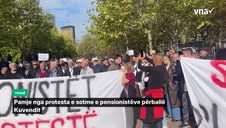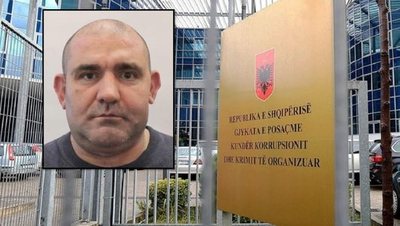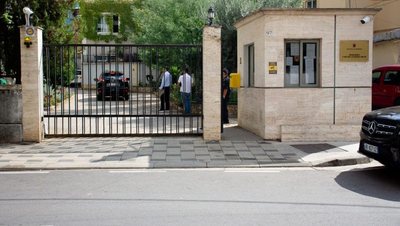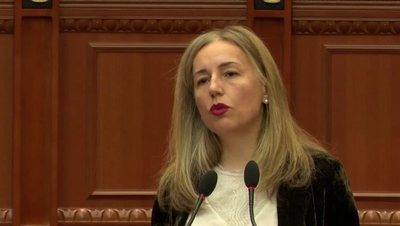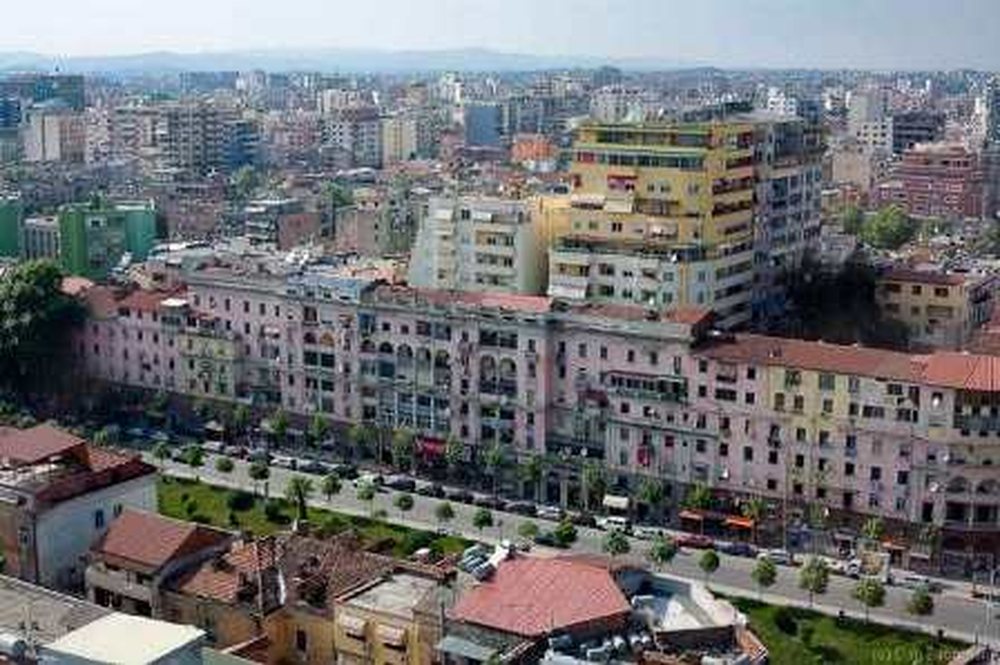
The government has approved Law No. 55/2025 “On the Administration of Co-ownership in Buildings”, an important step towards improving coexistence in buildings and establishing clear legal rules for the management of common property. The law, adopted on 3 July and published in the Official Gazette, replaces the old law of 2009 and brings fundamental changes to the way condominiums are built, managed and maintained.
One of the main changes is the registration of common spaces – such as stairs, elevators, garages, terraces, basements, facades, courtyards and gardens – as assets in the name of all residents, thus closing the possibilities for abuse and misinterpretation.
The law requires that each building have an administrator, who can be a resident or a specialized company certified by the municipality. The administrator will be responsible for maintenance, cleaning, repairs, contracts with suppliers and legal representation of the building. The contract with the administrator is mandatory and has a minimum term of three years, to ensure continuity and stability in management.
Residents are required to pay maintenance fees and participate in meetings of the co-owners' assembly, where important issues such as the budget, repairs, and the election or dismissal of the administrator are decided by majority vote. The decisions of the elected leadership have legal force and are binding on everyone, avoiding blockages by minorities.
The law also imposes obligations on builders, who are responsible for the administration of the building until its final handover and issuance of the occupancy certificate. Builders must include in the contract the administration regulations and the deed of co-ownership, registered in the Cadastre.
Municipalities take an active role in certifying administrators, overseeing law enforcement, and can impose fines for violations that hinder maintenance and coexistence.
Co-ownership documents and data will also be accessible through the e-Albania platform, guaranteeing more transparency and convenience for residents.
This law is an important mechanism to strengthen collective living, preserve the value of common property, and improve the quality of life in urban communities. It gives citizens the opportunity to feel represented and protected not only within their apartments, but also in any common space they share with their neighbors.



